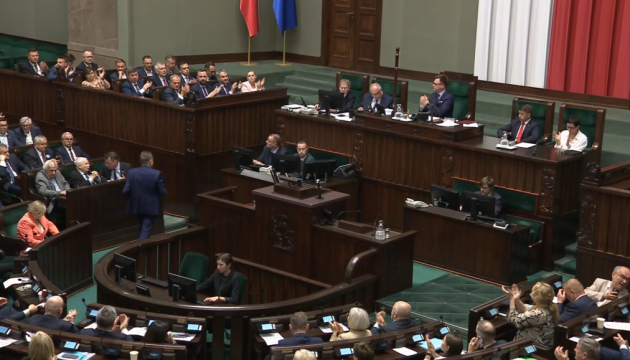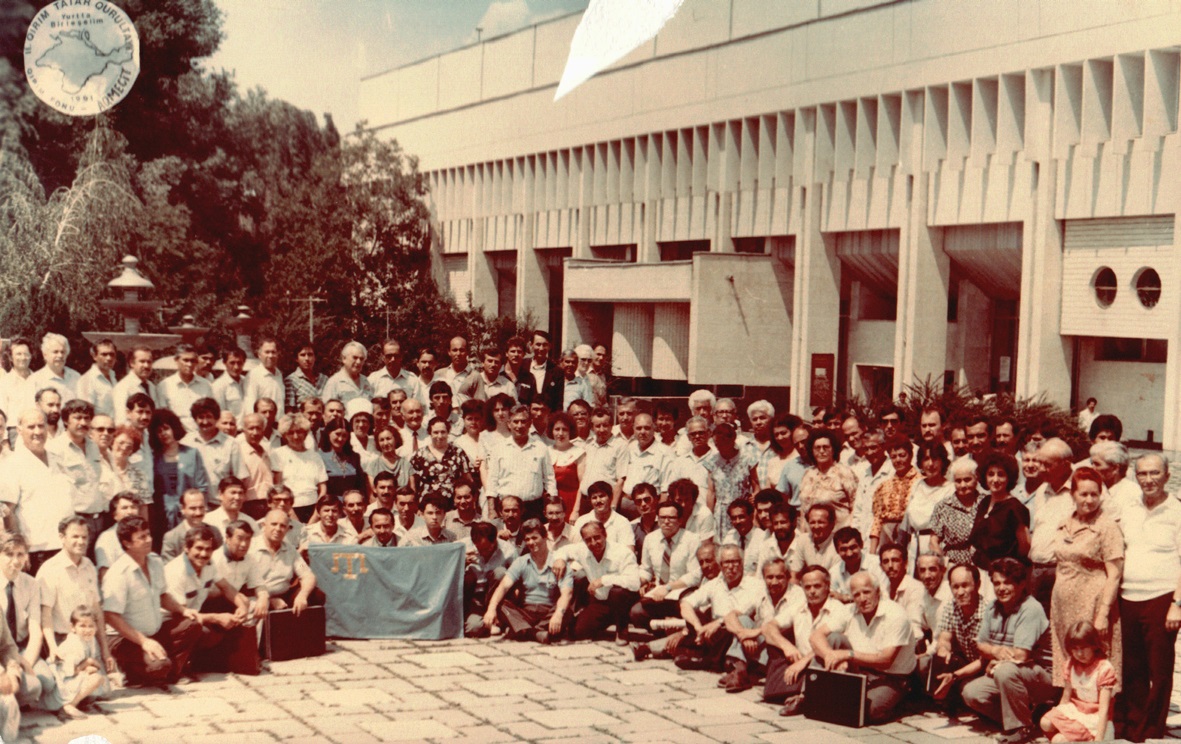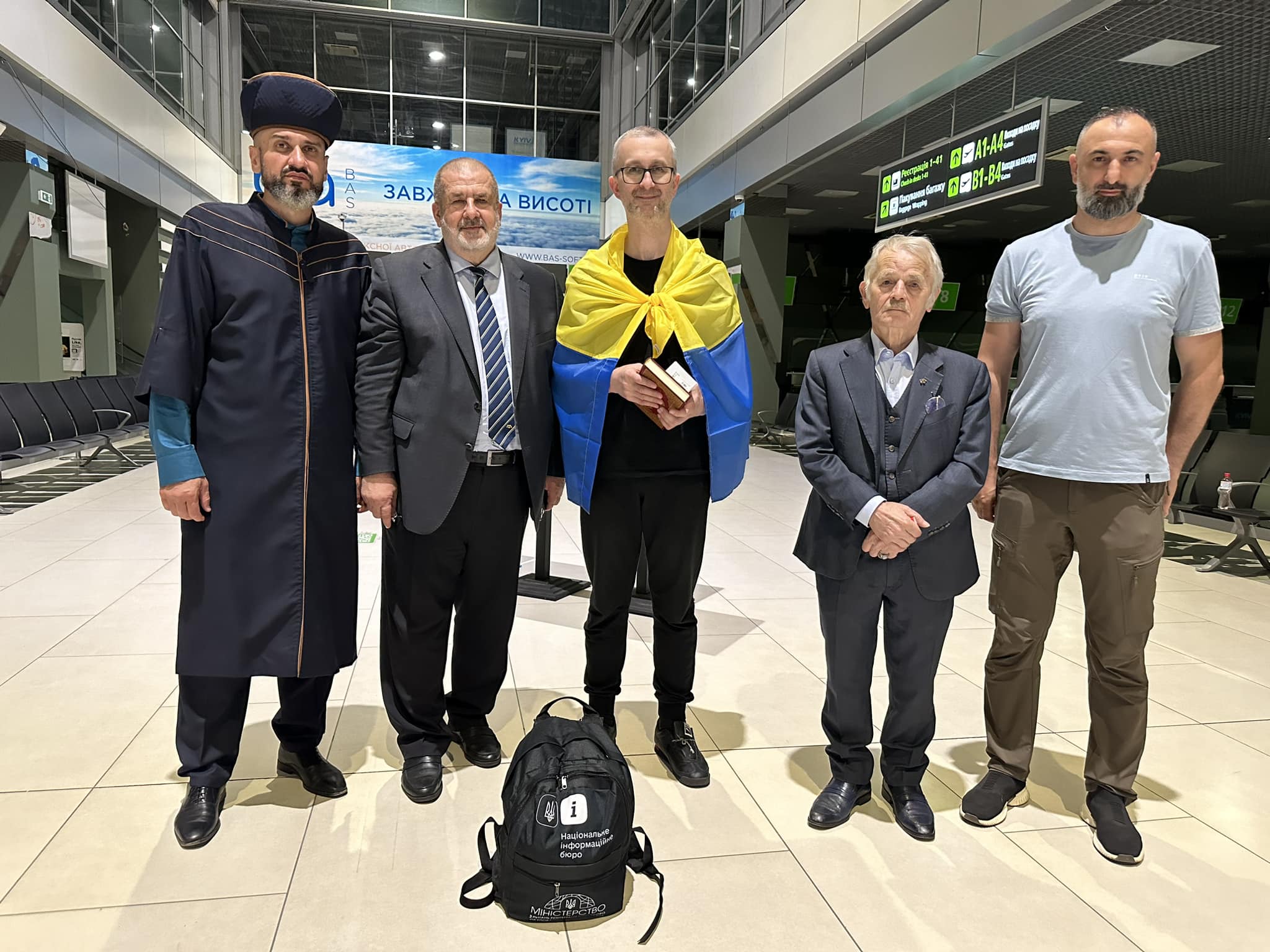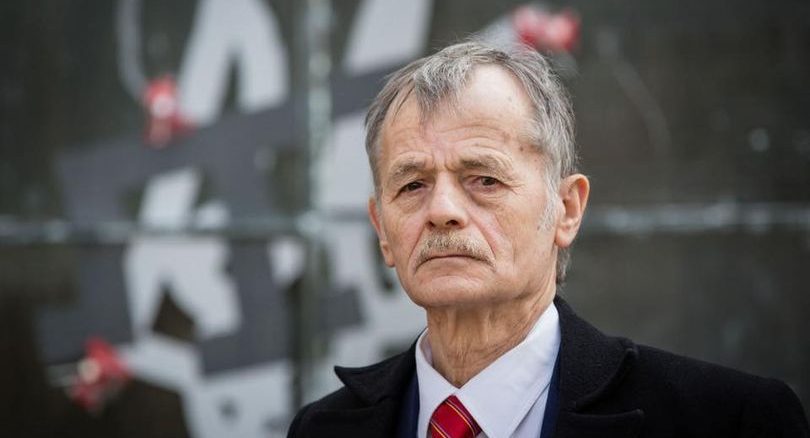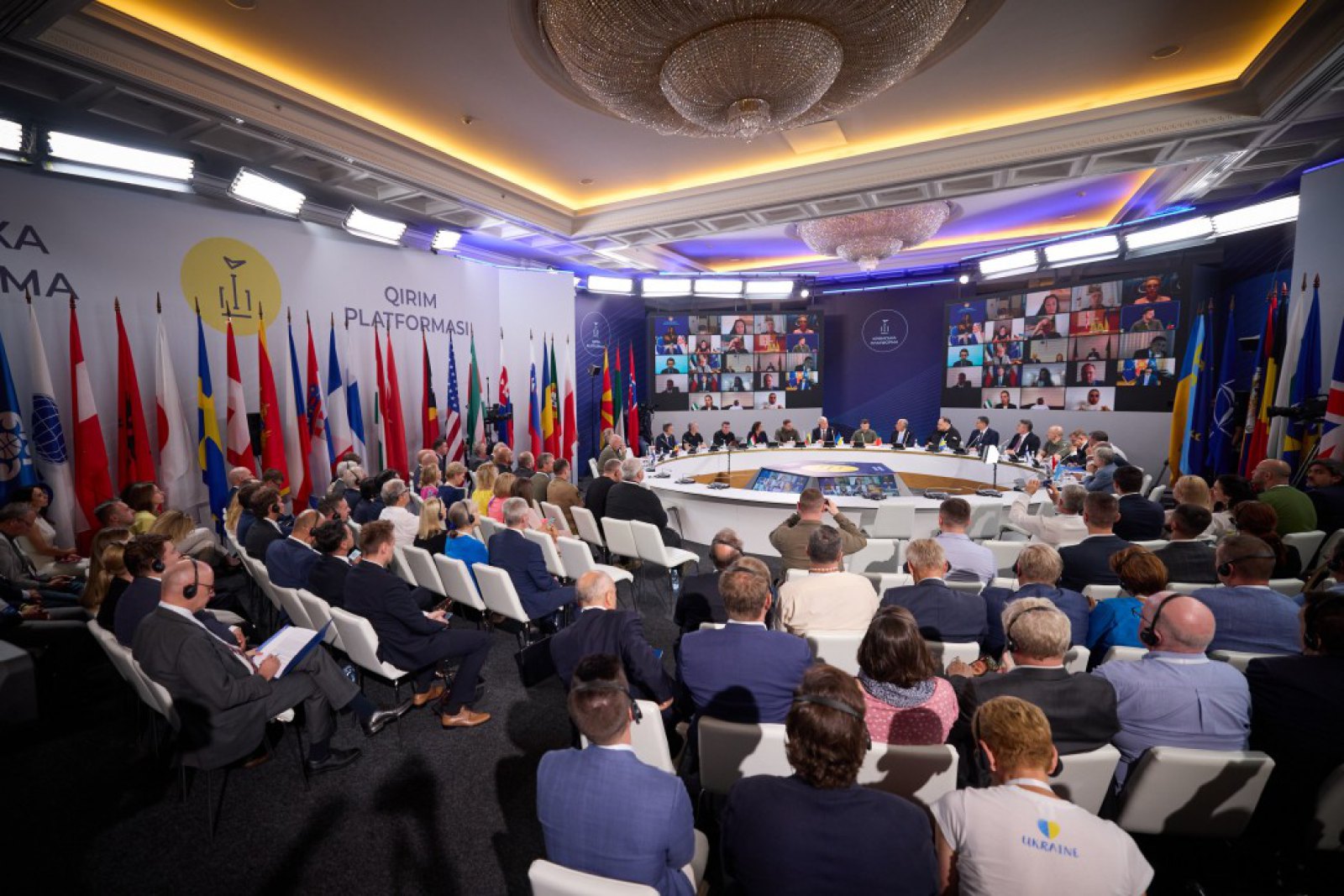Mustafa Jemilev: «Crimean Tatars Do Not Need Kolisnichenko’s Law»
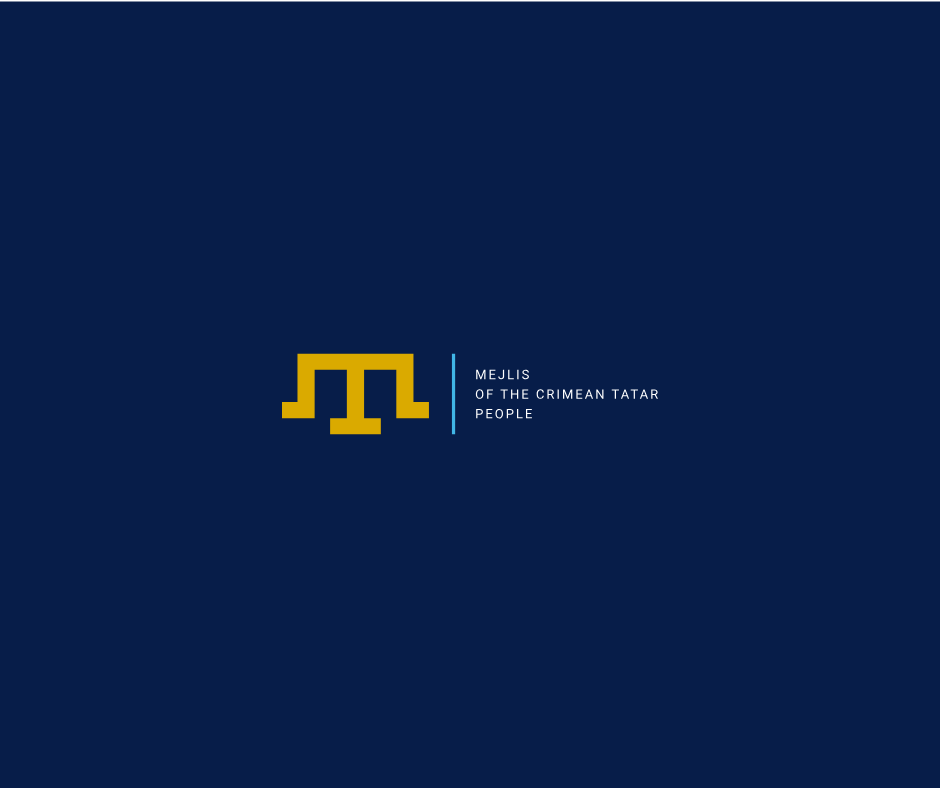
“We are against the law, aimed at collision of various parts of Ukrainian society or any splitting, and division of our country. Crimean Tatars see their development in the framework of Ukrainian state and the laws that aimed at its splitting are in no way met our interests”.
Last week the Verkhovna Rada of Ukraine adopted the draft law “On the Principles of the State Language Policy” in the first reading. The law is anticipated to extend the sphere of using of the regional languages, in other words, the traditional languages of the small ethnic groups of Ukraine. They have to be ensured the equal rights when using in the state enterprises. Every citizen must have the right and possibility to use these languages when communicating with the bodies of the state power. What the representatives of the mentioned nations think of these initiatives, the reporter of НБНasked the Leader of Mejlis of the Crimean Tatar people, MP of Ukraine (NU-NS) Mustafa Jemilev.
– According to the authors of the draft law “On the Basis of the Language Policy” has to protect “small” languages of Ukraine, in particular Crimean Tatar language. What is your point of view will it be useful for Crimean Tatars in practice?
M.J. – No. we are against the law, aimed at collision of various parts of Ukrainian society or any splitting, and division of our country. Crimean Tatars see their development in the framework of Ukrainian state and the laws that aimed at its splitting are in no way met our interests. As far as the mechanisms of the protection of the linguistic rights, we would have enough rights, mentioned in the Constitution and the current legislation of Ukraine. Another thing is that Crimean Tatars have to be recognized as the indigenous people in the territory of Ukraine in order to implement them fully.
– In case of the passing of this draft law Crimean Tatars could apply to the bodies of the state power and demand the response in their native language. Will they, or no one really hopes for the real implementation of this norm?
– There were such attempts in the past. It is not impossible in practice. It would take a lot of time to hire the translator and consider everything – this would delay the consideration of any application in times. That is, one could do this, but it is disadvantageous in practice.
Another unpleasant moment in this draft law: it makes the education of Crimean Tatar youth harder. You see, there is a special situation in Crimea: young Crimean Tatars speak Russian sometimes better then those ethnic Russians. We, in our turn, seeking that they learned not only their native Crimean Tatar language, but at the same time Ukrainian, because in the future they would have to enter the Ukrainian institutes.
We see their future here in Ukraine, in the native land. We don’t sent children studying to St. Petersburg and Moscow, like Russians do. However, in conditions of reducing of the Ukrainian speaking environment, provided by this draft law, it would be more difficult to motivate children to use Ukrainian, and consequently, it would be harder to train them to the institute.
– What is the situation with the education in Crimean Tatar?
– You know, Mr Tabachnik has told recently that Tatars have great prospects and possibilities to obtain education in their native language. Frankly speaking, it’s rubbish. There are just 15 schools with education in Crimean Tatar in the whole Crimea. In practice, it means that only one of ten children has access to the education in native language.
Let’s remind that the MP from the Party of Regions Wassily Hara who approved the draft law in the whole, considers that it won’t help to develop the Greek culture in Ukraine, because it proposes to support the new Greek language that is not the traditional language of Greek national communities in the territory of our country.
Viktor Tregubov,
